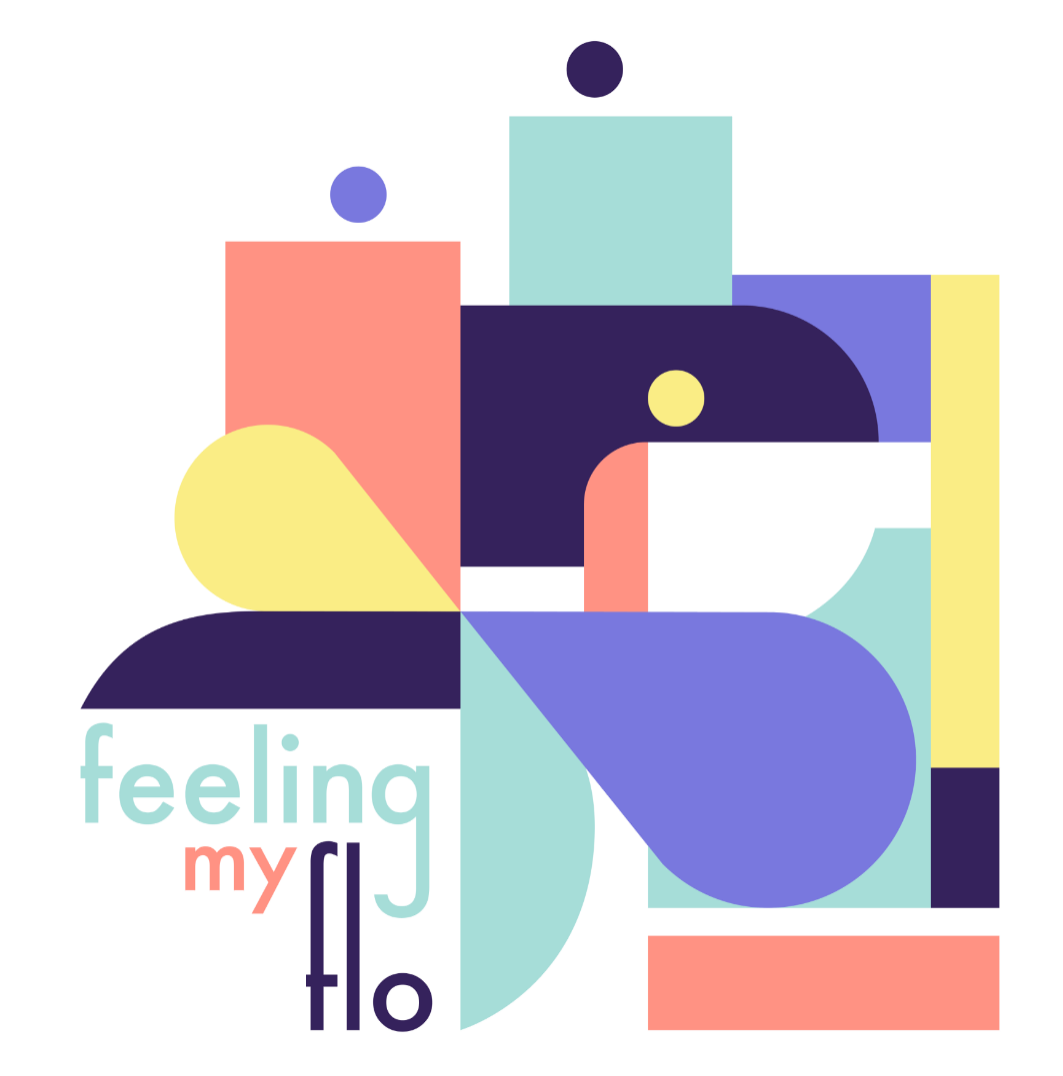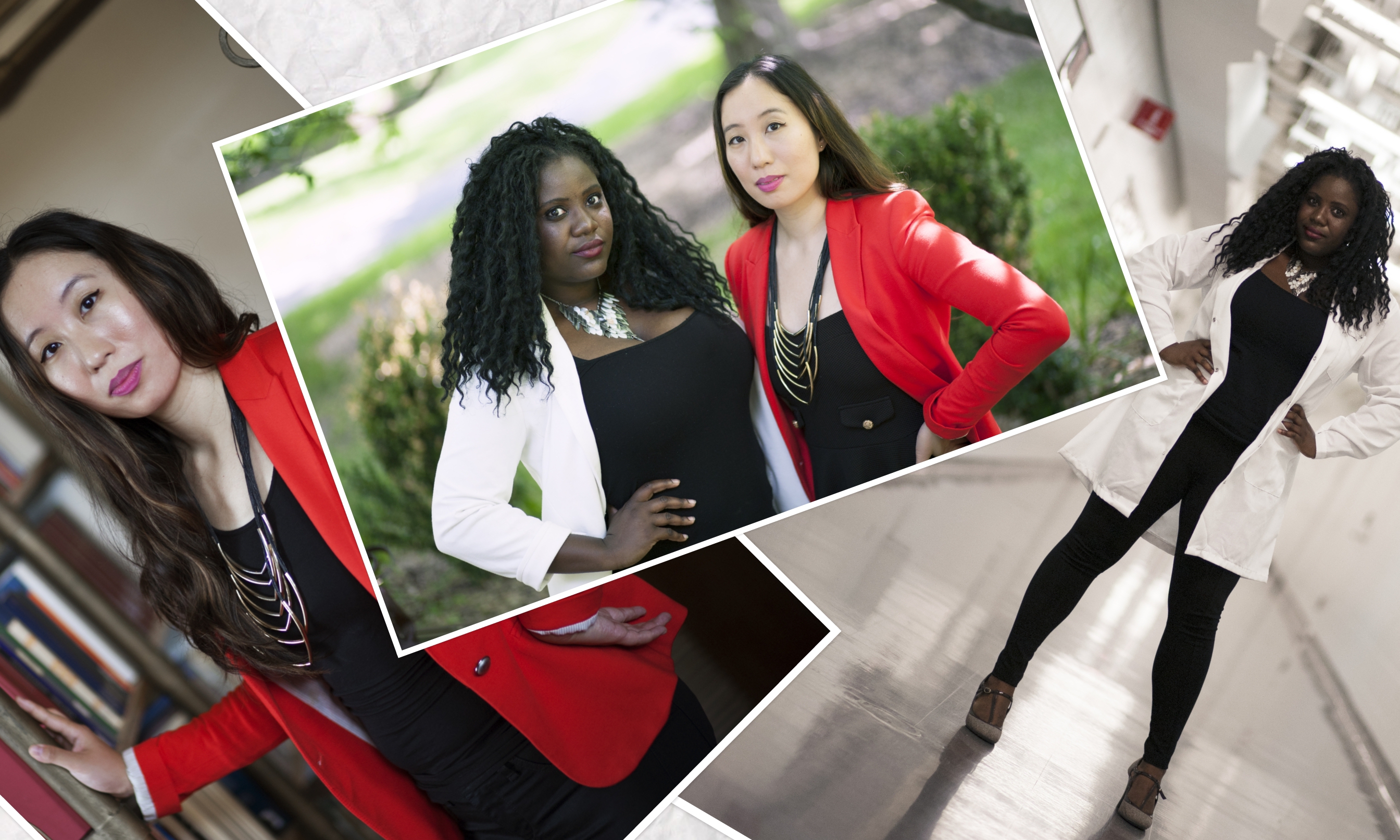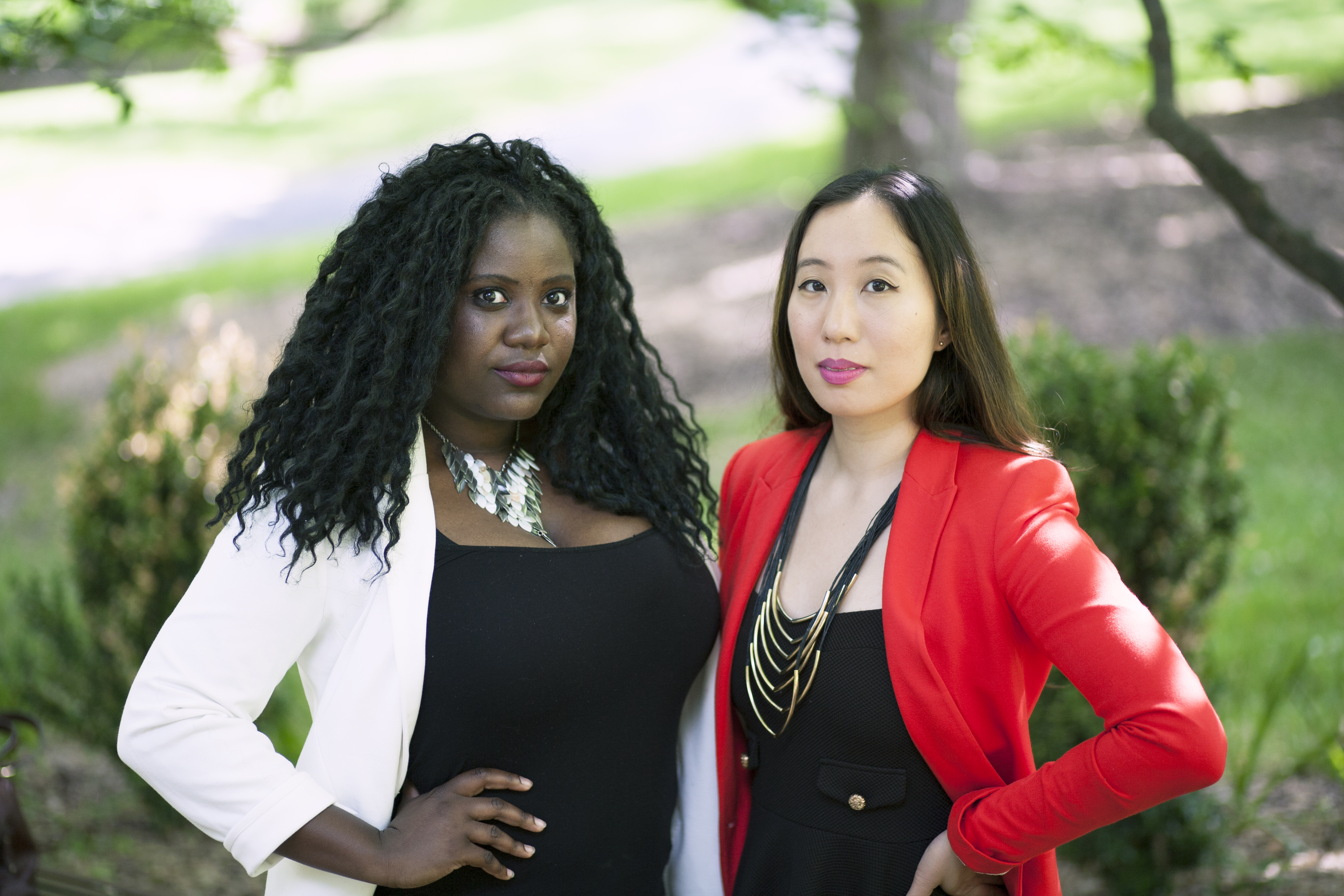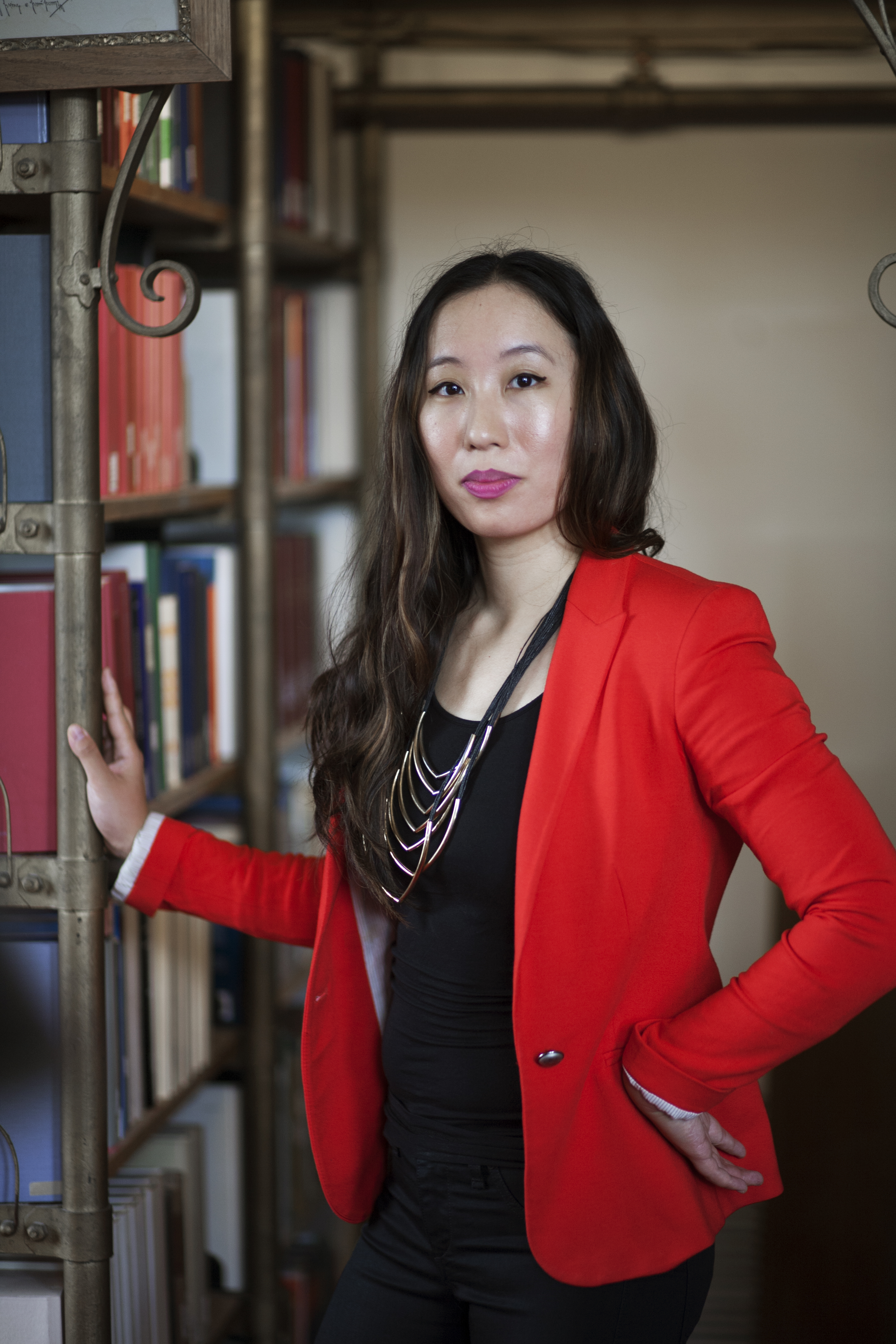Feeling My Flo!
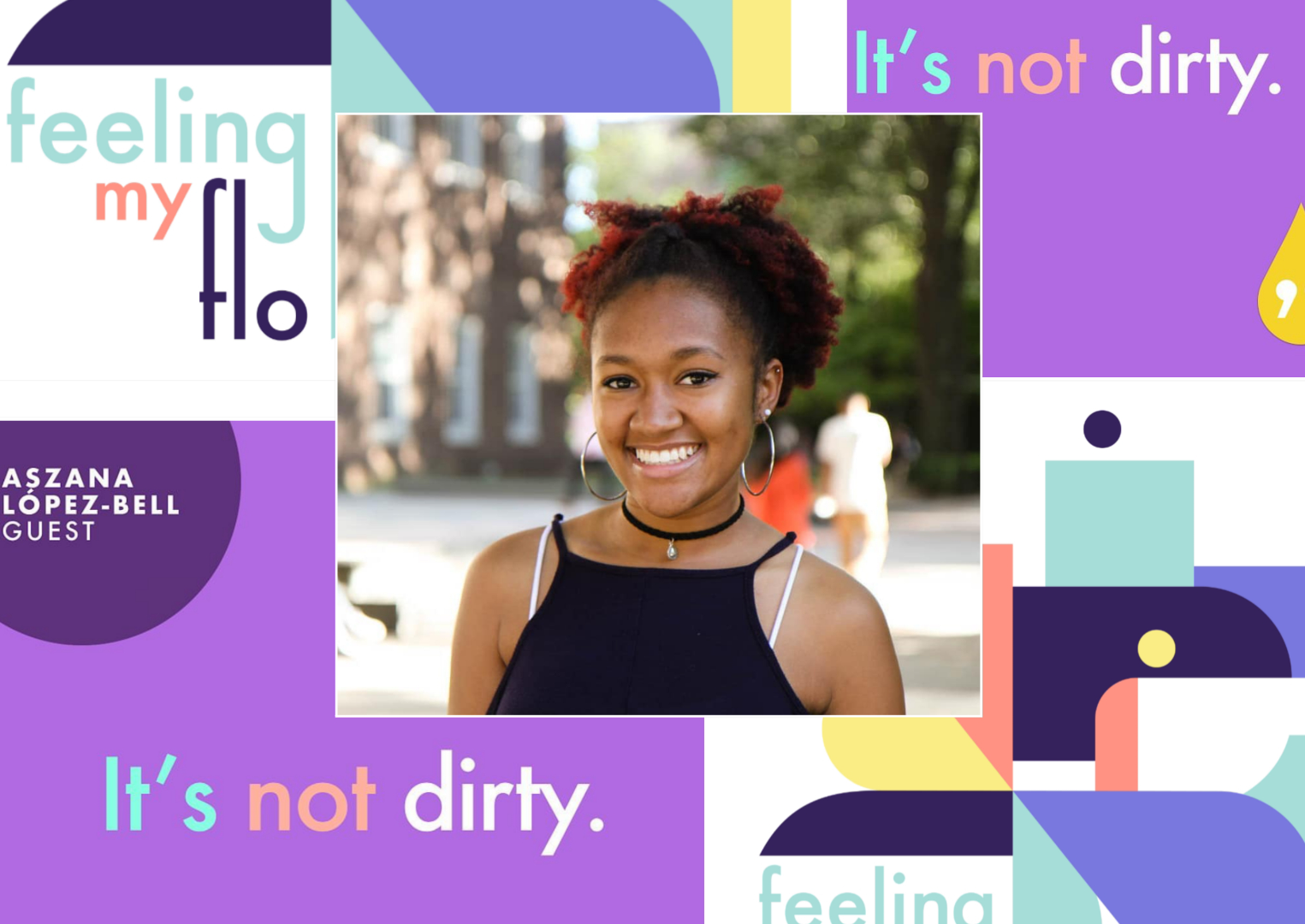
The Feeling My Flo podcast, which launched on July 11, 2019, is a conversation shaped around this transformational experience that happens to those along the gender spectrum. Feeling My Flo discusses a broad range of topics from puberty to fighting period poverty.
The host of the podcast, Kamilah Kashanie, is a twenty-three year old Brooklyn College graduate. She along with executive producer Mia Warren and Executive Editor Juleyka Lantigua-Williams, aim to build a community centered on a common but impactful experience.
“This generation is intellectually curious, so each of our 10-12 minute episodes will be fun, engaging, intimate, and probing.”
Get to know host Kamilah + Feeeling My Flo podcast a little better…
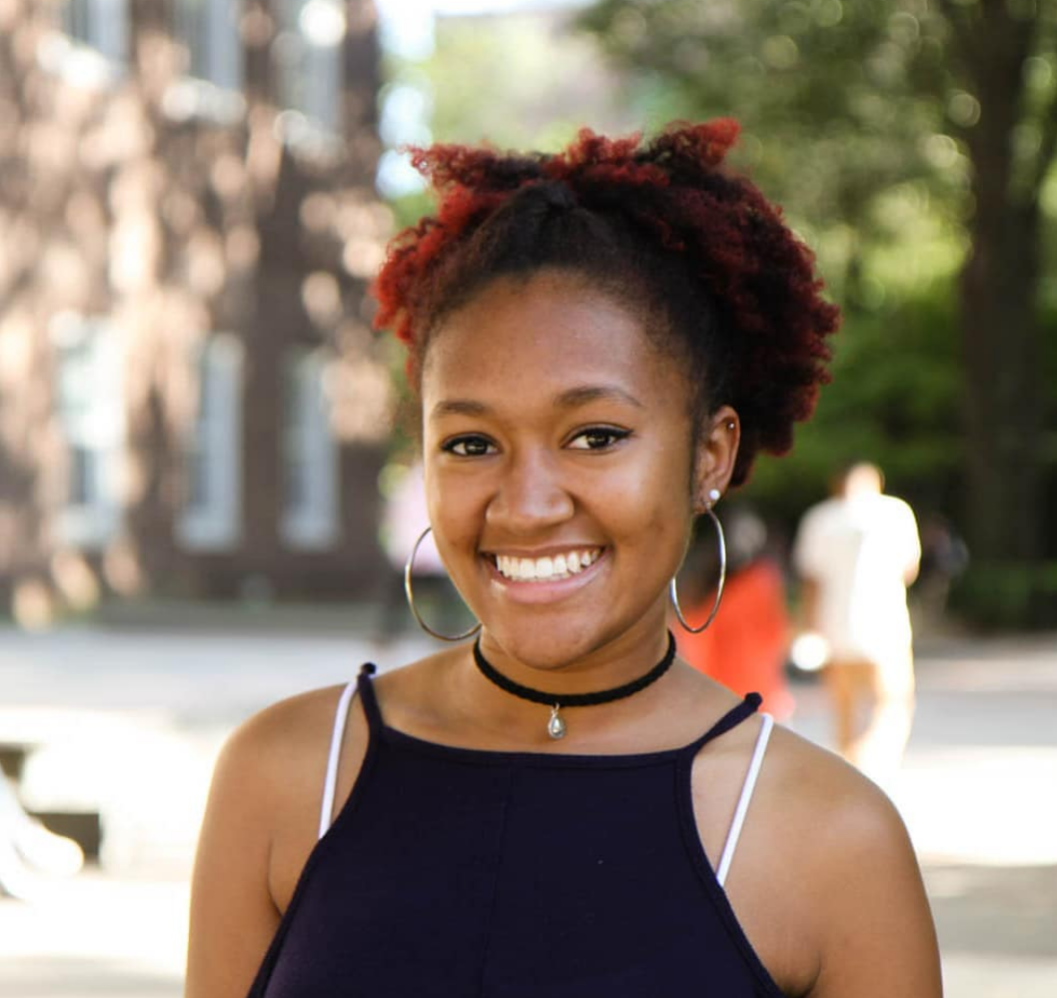
Photo by Young Cheong
Podcasts are becoming an impactful influence among young people. What inspired you to start Feeling My Flo about menstruation?
Can you give us an idea of what specific topics regarding menstruation will be covered on the podcast?
In our first season, we talk about what it’s like to be a “late bloomer” – waiting to get your period after all of your friends have theirs. We explore how menstruation has affected one family across three generations of women, what sympathy cramps are like, how a family with two gay dads talk to their daughters about their periods, what menstruating is like for a trans and non-binary person, and how a lack of access to period products can impact people experiencing homelessness. Menstruation looks and feels different for everyone, and we want to talk about all of it. And this is just the beginning of the conversation. As we start thinking about season two, there’s so much more that we want to cover.
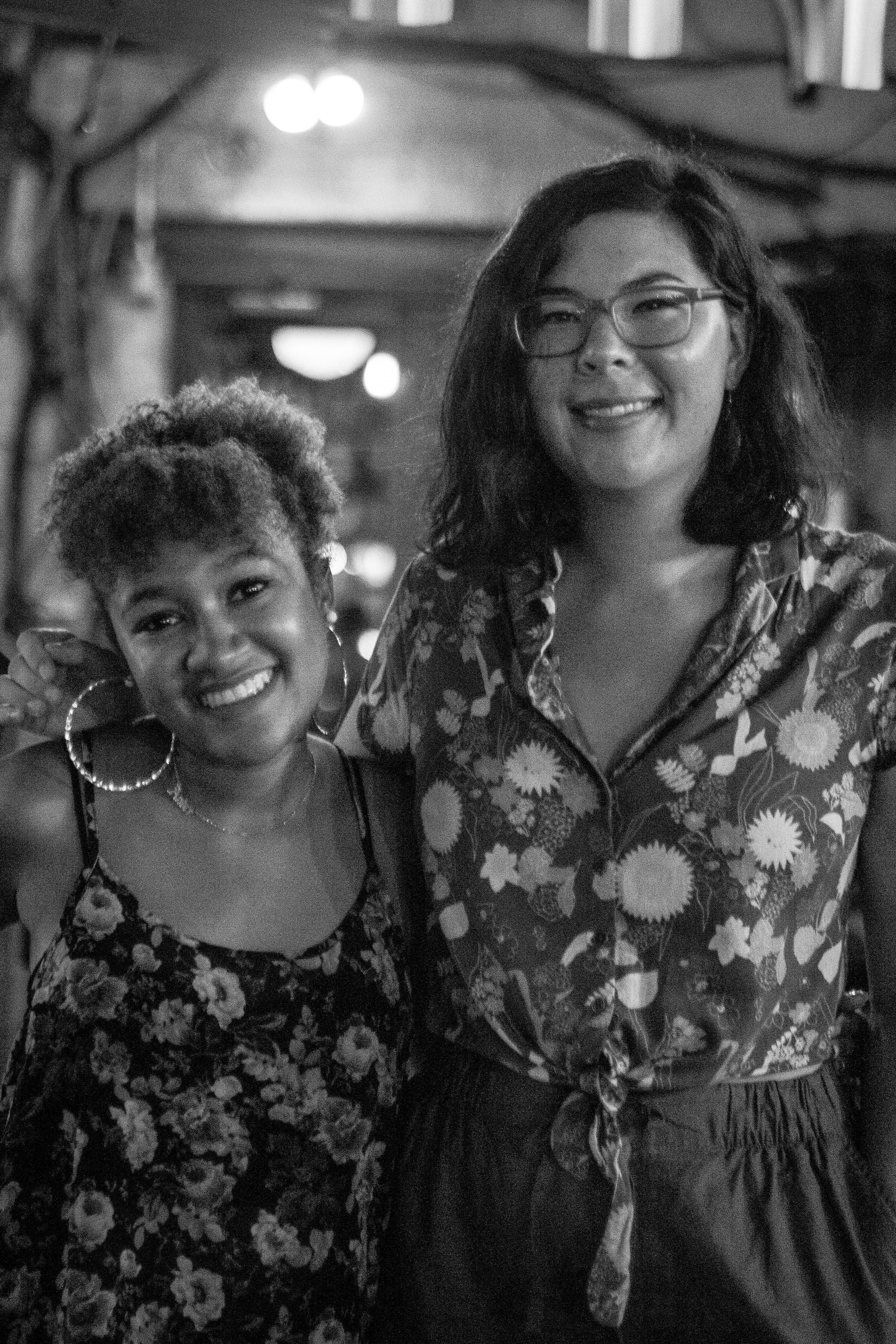
Young women have different experiences when it comes to having their first period. Do you remember yours and who was there to guide you?
Oh yes. I definitely remember my first period, and I talk about it in the pilot episode. I grew up in a house full of people with periods, so there were always products around and I had a little bit of prior knowledge just from osmosis. I started my period when I was 10, when I was out to dinner with my mom and some family. My older sister had actually started her period a month or two before me, so when it started and I felt that clammy sensation in my pants, I already knew what was happening. Growing up with three women in my house, and a plethora of older relatives and cousins around, I had a lot of people around me who had been through it before and gave me tips, whether I wanted them to or not.
What do you want young girls to walk away with after listening to the podcast?
We want everyone who listens to Feeling My Flo to walk away with more understanding of what menstruation is like for those who experience it. And the show isn’t just for menstruators. My boyfriend doesn’t menstruate, but talking about it with him has been really important to us understanding each other better, especially during my period. Menstruation affects everyone, whether they bleed or not, and really understanding that is a part of breaking down the stigma that’s attached to periods. And we want to do that in a way that’s fun and engaging and makes you want to hear and learn more. Ultimately, we want our audience to feel informed, entertained, and empowered after every episode.
Do you have advice for young people who are afraid to ask questions about their period or are embarrassed?
I know it may feel weird at first, and it feels like this mysterious, super private thing that you don’t want to talk about, but it’s completely okay. Find someone that you trust and ask away. Find someone who knows what you’re going through. There’s a lot about periods and the human body that we’re still figuring out, so there’s no such thing as a stupid question and nothing is too crazy to ask. Some of the resources we recommend for young menstruators include Hello Clue, Scarleteen, and Planned Parenthood.
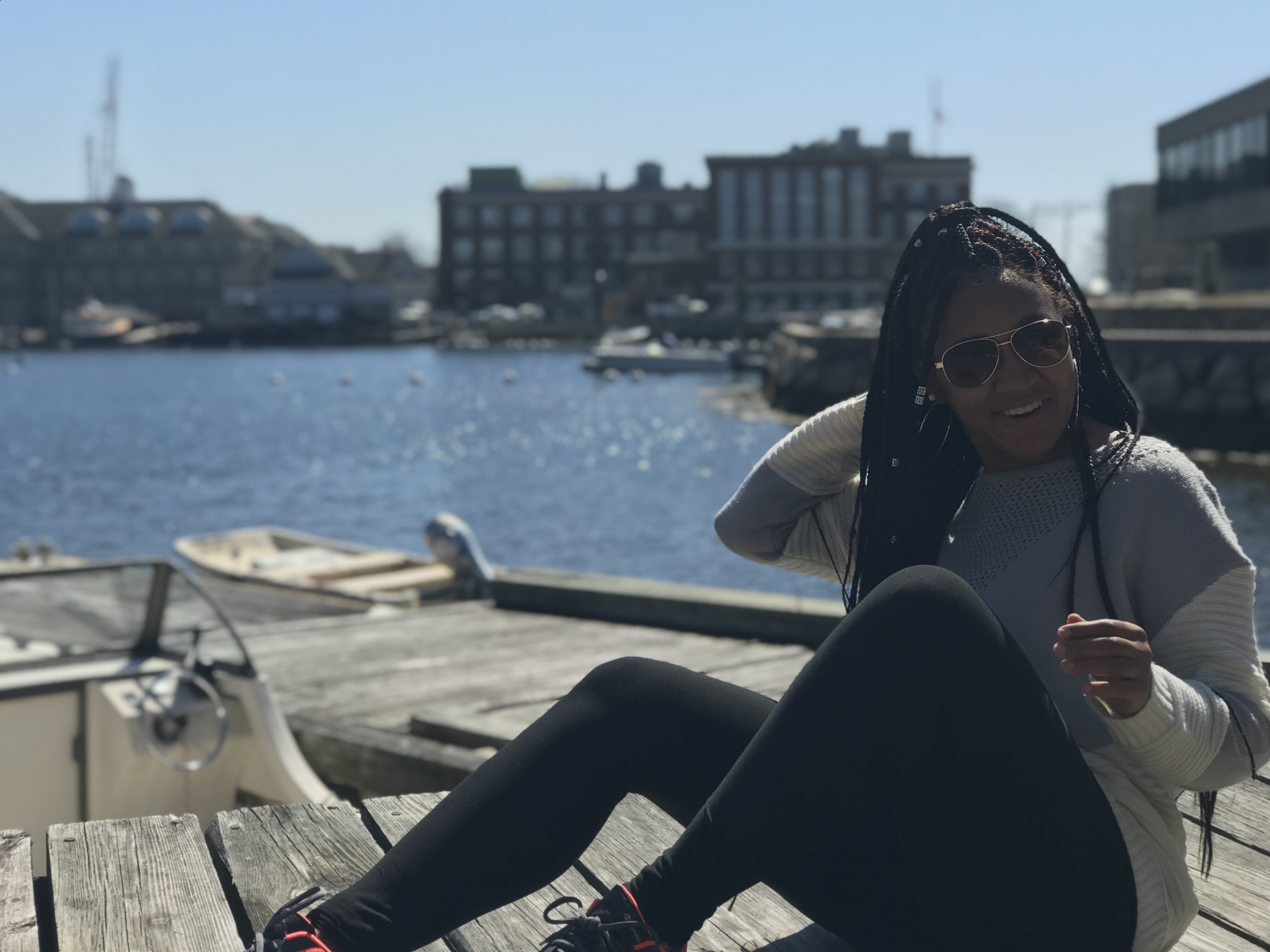
You say that period poverty is a topic of conversation. Is there something young people can be doing to fight period poverty in other countries?
Period poverty exists in our backyards. There are many organizations working to fight period poverty that young people can get involved with. In one of our episodes, we talked to a national activist and some high schoolers about how they’ve taken action. PERIOD is an example of an organization that’s fighting period poverty. They have people stationed all over the country donating products and doing research on how to make menstruation a safe and affordable reality for everyone.
We are all about empowerment, what does EMPOWERMENT mean to you?
For me, empowerment means feeling like you can do anything. When you’re feeling empowered, it’s like nothing can stop you. If you want to do something, or change something, you just can. All the barriers – racism, sexism, inequality – they just don’t mean as much when you know you have the capacity to do more than all those “isms” tell you you can.
